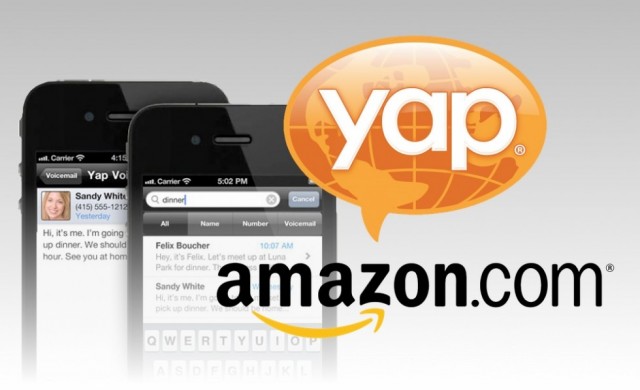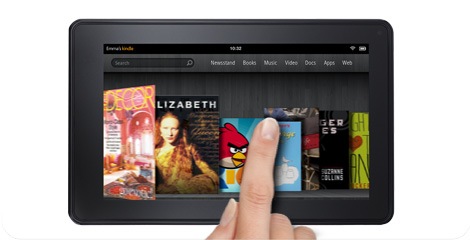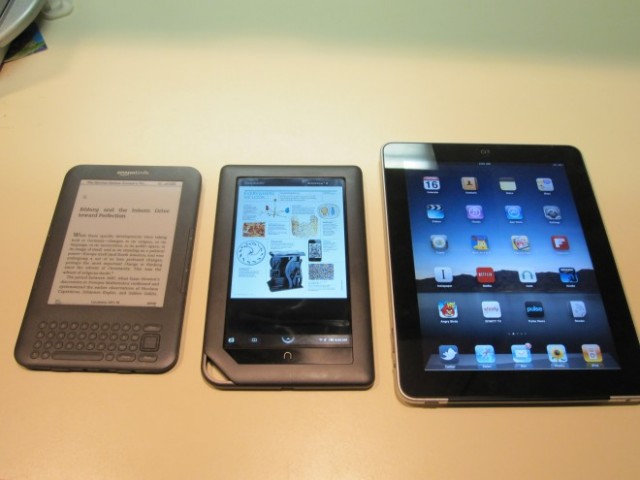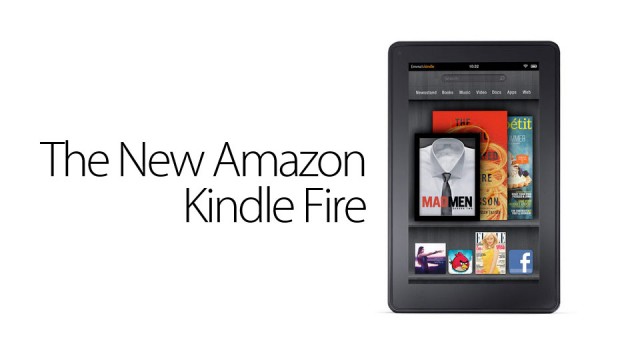Amazon is reportedly increasing its orders for its Kindle Fire tablet to 5 million units following continued “strong” early demand for the 7-inch device. But could greater demand for the iPad rival actually backfire on the e-bookseller?
Although the iPhone 4S might be dismissed as nothing but a spec bump phone, it does have one distinctive advantage over every other smartphone out there: Siri. Anyone who wants to compete with the iPhone 4S (and, presumably, the future iPad 3) will have to come up with their own answer to Siri, or be lost.
Well, what do you know. The hunt by Apple’s competition to find small voice recognition startups and absorb them has already begun with the revelation that Amazon has already picked up a company in the hopes of launching their own would-be Siri-like speech recognition service.
After briefly being seen as an ally of Apple’s goal towards crushing Android, Amazon’s Kindle Fire tablet is back to threatening iPad sales. A Wall Street analyst now says 26 percent of people considering buying the Fire are putting on hold purchasing the Cupertino, Calif. tech giant’s tablet. What’s more, consumers are more likely to buy the Amazon tablet than the iPad.
The Kindle Fire may be shaping up to be the first real device to challenge the iPad’s share of the tablet market but it’s not going to go unchallenged: book retailing giant Barnes & Noble have just announced the next generation of their own Android-based reading tablet, and unlike the Kindle Fire, its specs match and even exceed the iPad 2’s for half the price.
Its first generation Kindle Fire hasn’t even launched hit store shelves yet, but already Amazon has the Foxconn factory in China knocking up its successor, the Kindle Fire 2, with plans to ship the device during the first half of 2012.







